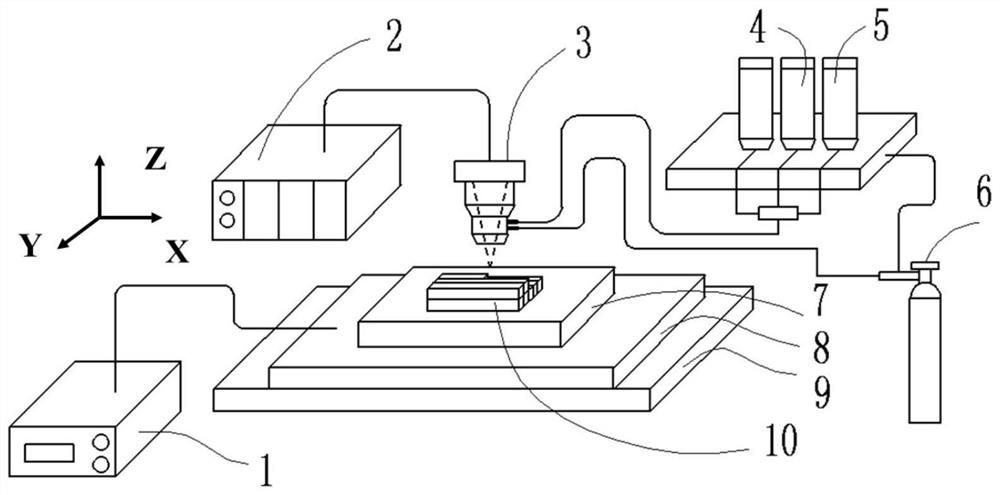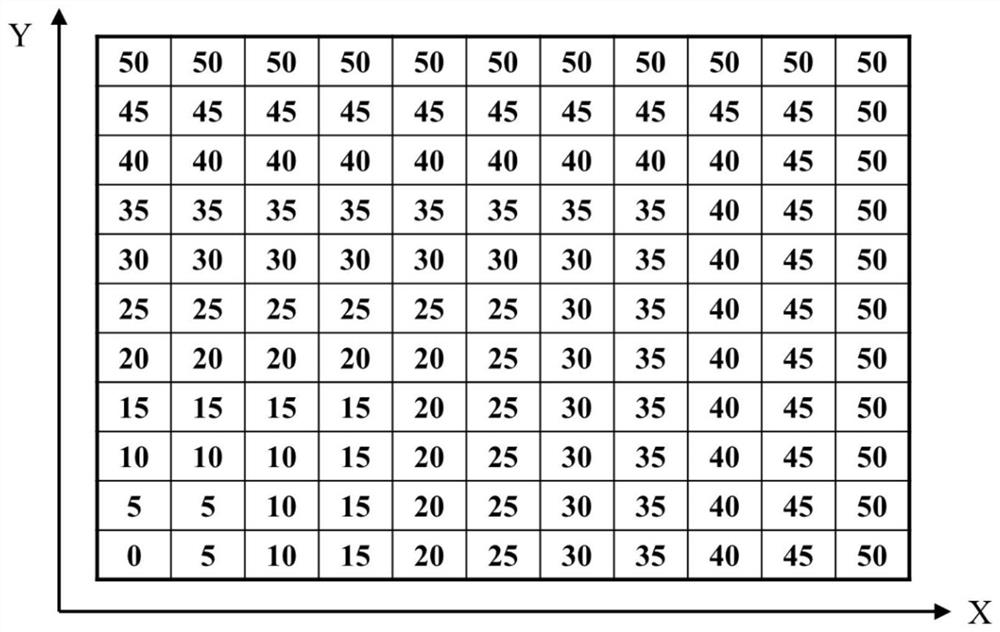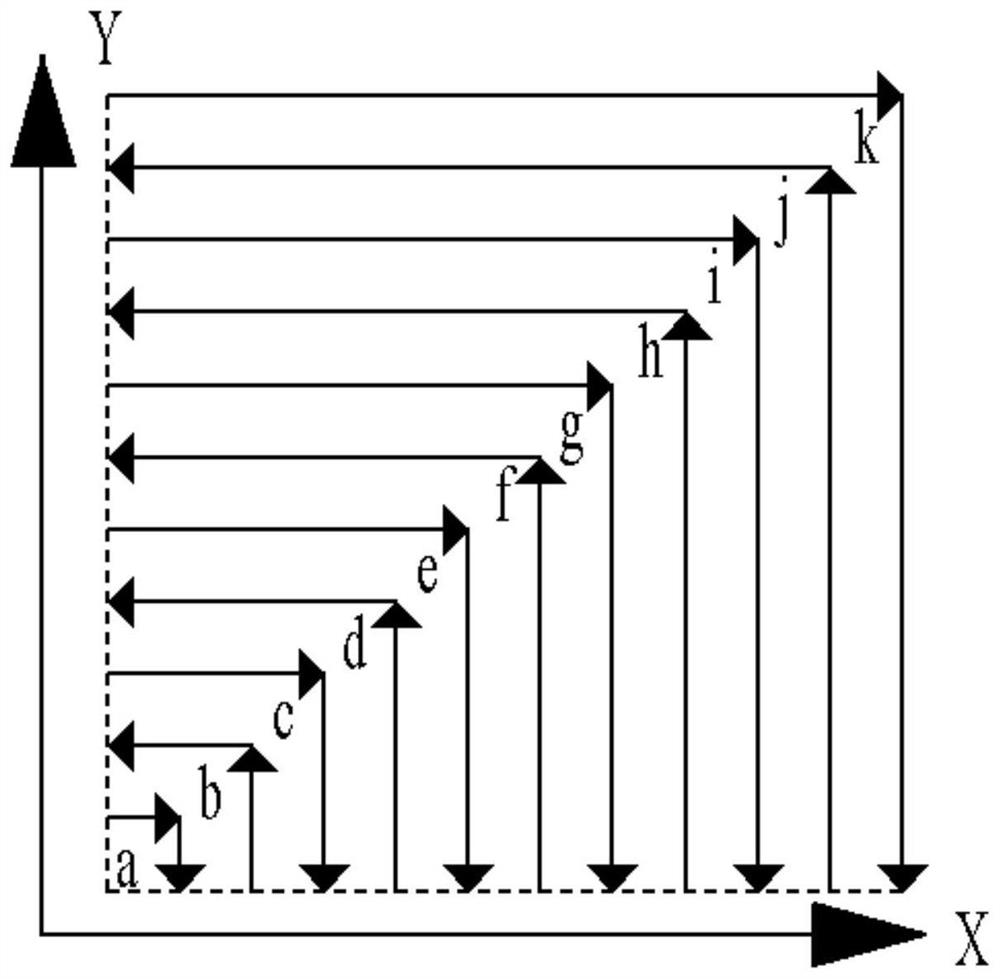A method for ultrasonic-assisted laser additive manufacturing of two-dimensional titanium-based functionally graded materials
A functionally graded material and laser additive technology, which is applied in the direction of additive manufacturing, additive processing, and energy efficiency improvement, can solve the problems of uneven distribution and coarseness of ceramic particles, reduce heat accumulation, refine microstructure, improve The effect on overall performance
- Summary
- Abstract
- Description
- Claims
- Application Information
AI Technical Summary
Problems solved by technology
Method used
Image
Examples
Embodiment Construction
[0032] The present invention will be further described below in conjunction with the accompanying drawings. Taking ultrasonic-assisted direct laser deposition of TiC (titanium carbide) reinforced Ti6Al4V (TC4 titanium alloy) two-dimensional titanium-based functionally graded material as an example, a specific implementation method is given:
[0033]A method for ultrasonic-assisted laser additive manufacturing of two-dimensional titanium-based functionally graded materials. The device for manufacturing two-dimensional titanium-based functionally graded materials for ultrasonic-assisted laser additive manufacturing of the method includes an ultrasonic generator 1, a laser 2, and a laser head 3. Powder feeding cylinder 4, powder feeding cylinder 5, high-purity argon gas 6, titanium alloy substrate 7, ultrasonic vibration platform 8, machine tool motion platform 9. The titanium alloy substrate 7 is horizontally fixed on the ultrasonic vibration platform 8, and is directly below th...
PUM
 Login to View More
Login to View More Abstract
Description
Claims
Application Information
 Login to View More
Login to View More - R&D
- Intellectual Property
- Life Sciences
- Materials
- Tech Scout
- Unparalleled Data Quality
- Higher Quality Content
- 60% Fewer Hallucinations
Browse by: Latest US Patents, China's latest patents, Technical Efficacy Thesaurus, Application Domain, Technology Topic, Popular Technical Reports.
© 2025 PatSnap. All rights reserved.Legal|Privacy policy|Modern Slavery Act Transparency Statement|Sitemap|About US| Contact US: help@patsnap.com



